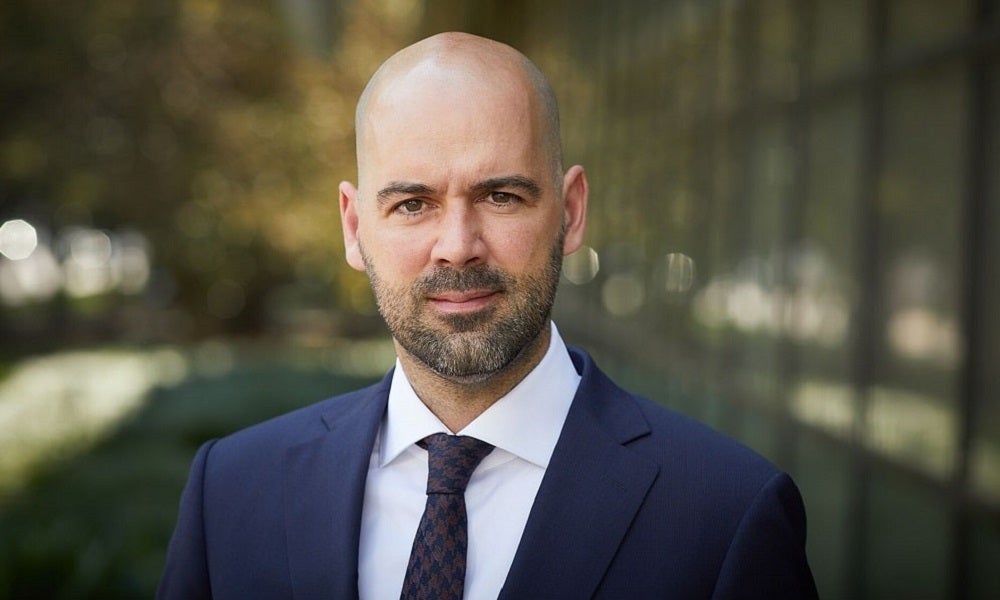AI in recruitment: Coping with the flood of ChatGPT applications
AI-generated applications are reshaping hiring practices and highlight the importance of maintaining a human touch, writes UNSW Business School’s Frederik Anseel
Companies are investing significantly in artificial intelligence to automate recruitment. AI makes it possible to screen large numbers of applications quickly. Based on CVs, application letters and video interviews, AI can determine the quality of a candidate without you needing to know how that happens. What matters is that companies no longer have to look at it all themselves to make a hiring decision.
But recruiters are running into an unexpected hurdle. Applicants have also discovered ChatGPT, Microsoft CoPilot and Gemini en masse. Applying online now takes just a few seconds. You enter a prompt, and in a few clicks, ChatGPT and associates generate a CV and application letter tailored to the company and role.
The result? Companies that recruit online are being flooded with seemingly acceptable applications. However, anyone who reads through these applications runs the risk of dying of boredom. They are almost entirely interchangeable. The letters are verbose and vague. English is full of standard words that give away that an AI tool has been at work: ‘unleash’, ‘delve’, ‘harness’, ‘realm’... who doesn’t roll their eyes when they read yet another sentence with these words?

Algorithms and applicant tracking systems
Anyone who reads online forums like Reddit will smell the sweet scent of revenge. Job applicants are taking aim at companies that, for years, screened applications based on a few keywords. Candidates who had worked for hours to submit a good application were dismissed in seconds by an algorithm. Personal contact or even a feedback email is no longer part of the deal.
But the tide is turning. The applicant is once again gaining the upper hand, and they are not afraid to send out dozens of applications per day. It is estimated that 45 to 55 per cent of applicants use generative AI in their job search. It may be a matter of time before 100 per cent do so.
Companies are not happy about the tsunami of mediocre applications that they receive. CVs created by ChatGPT will inevitably end up in the bin, recruiters say. But do these recruiters really succeed in identifying ChatGPT applications? Several company studies show that it is mainly higher-educated applicants who slip through the net. They know best how to give their applications a human touch, so their AI-assisted applications go undetected.
AI bot vs AI bot and the human touch
So, how to respond as a company? When you are confronted with hundreds of AI-generated applications, there is little else you can do other than to activate your own AI defence system. Your AI tools can screen applications that were generated by applicant AI tools. It reminds us of the famous quote by Slovenian philosopher Slavoj Žižek: “My student brings me their essay, which has been written by AI, and I plug it into my grading AI, and we are free!”
Subscribe to BusinessThink for the latest research, analysis and insights from UNSW Business School
Ironically, the rise of AI in recruiting may mean that AI bots will cancel each other out, and the human encounter will once again take centre stage. If recruiters are using AI to filter, it doesn’t seem unethical to me that applicants should use AI to get through that screening (although that might be best explicitly mentioned in a small footnote).
Using ChatGPT says nothing about the quality of the candidate – if done well, it might work to their advantage. It is nothing more than a means to secure an interview. If a recruiter wants to test the pure cognitive ability of candidates, recruiters should revert to ‘supervised’ assessments again.
Transparency and honesty benefit both the applicant and the company the most. Companies that offer candidates a positive application experience – a human touch, clarity and speed – can count on better and fairer applications.
Frederik Anseel is a Professor of Management and Dean of UNSW Business School. He studies how people and organisations learn and adapt to change, and his research has been published in leading journals such as Journal of Applied Psychology, Journal of Management, American Psychologist, and Psychological Science. A version of this post was first published in De Tijd.
